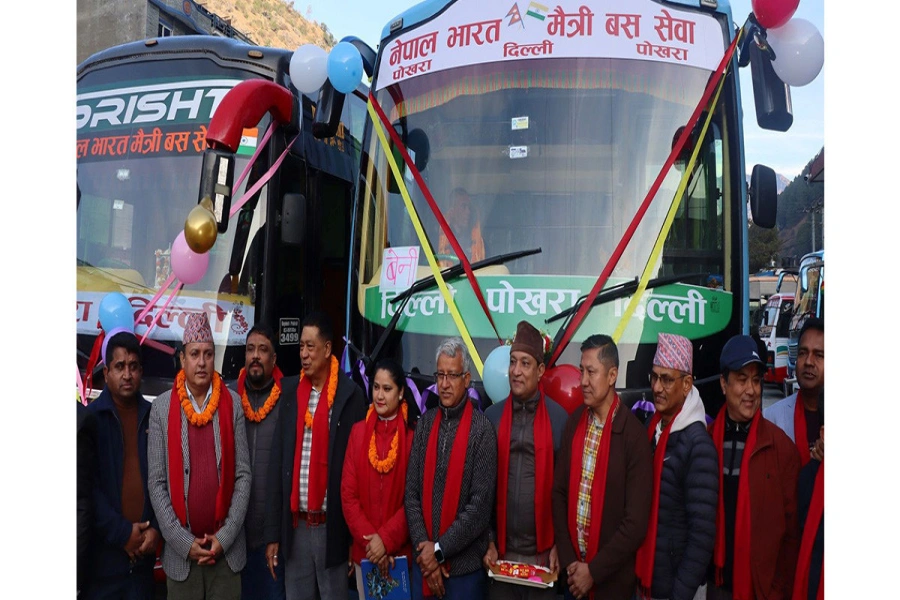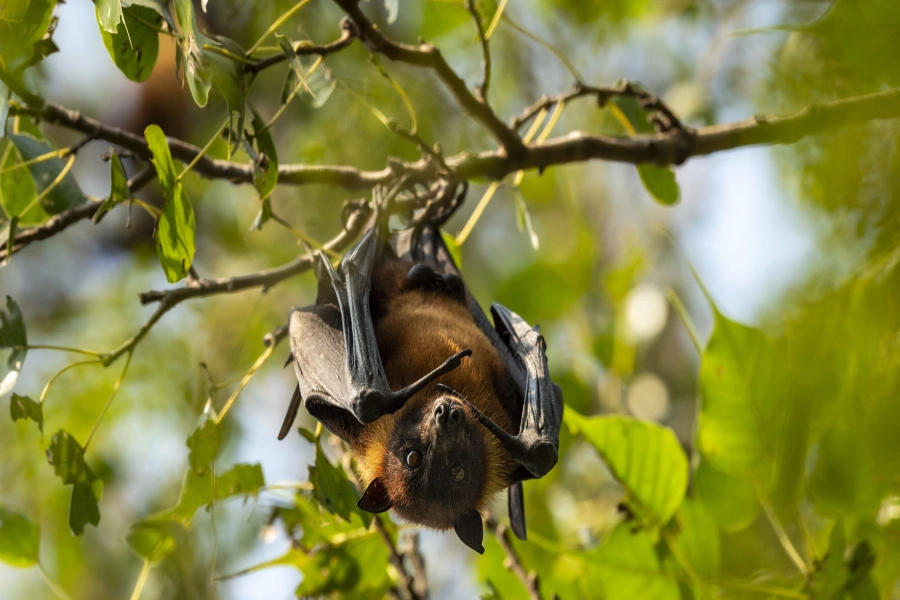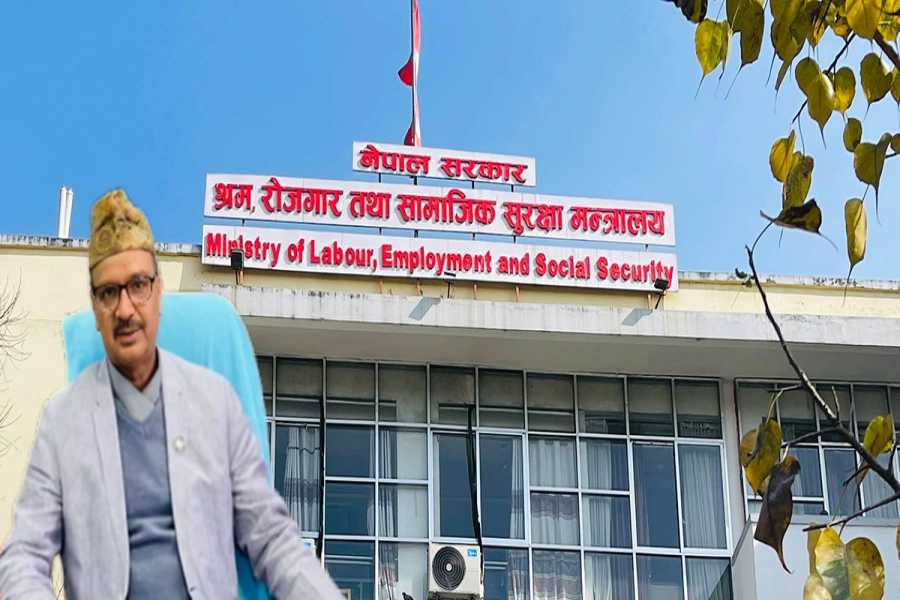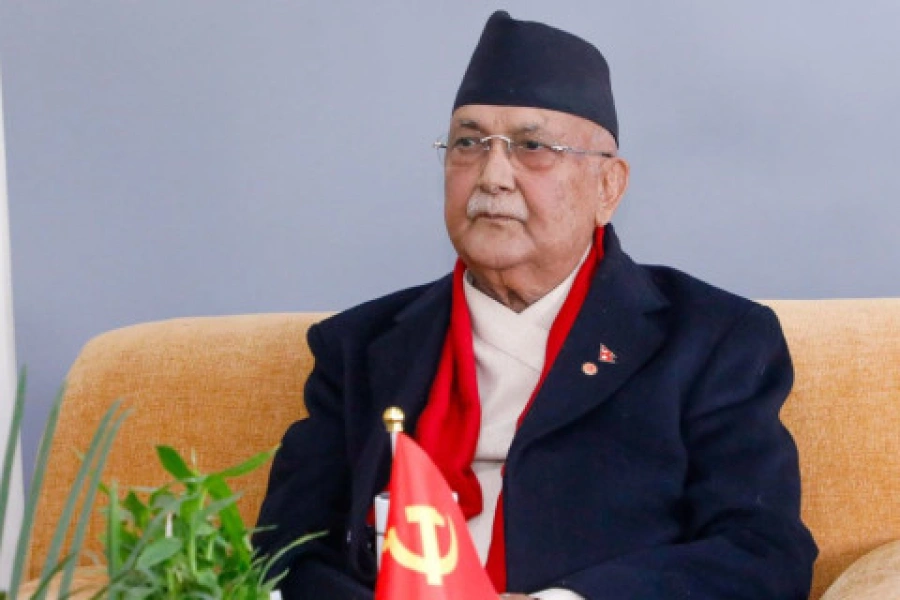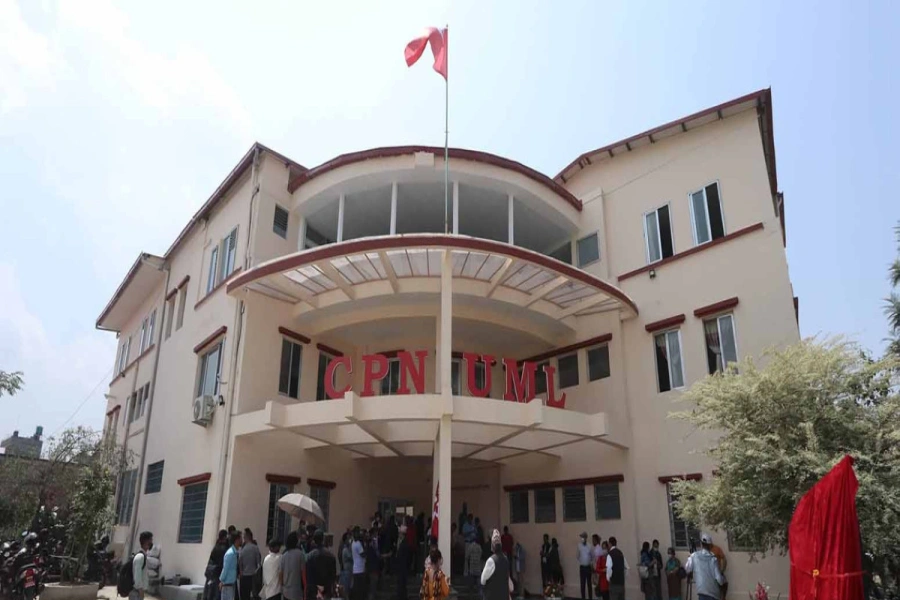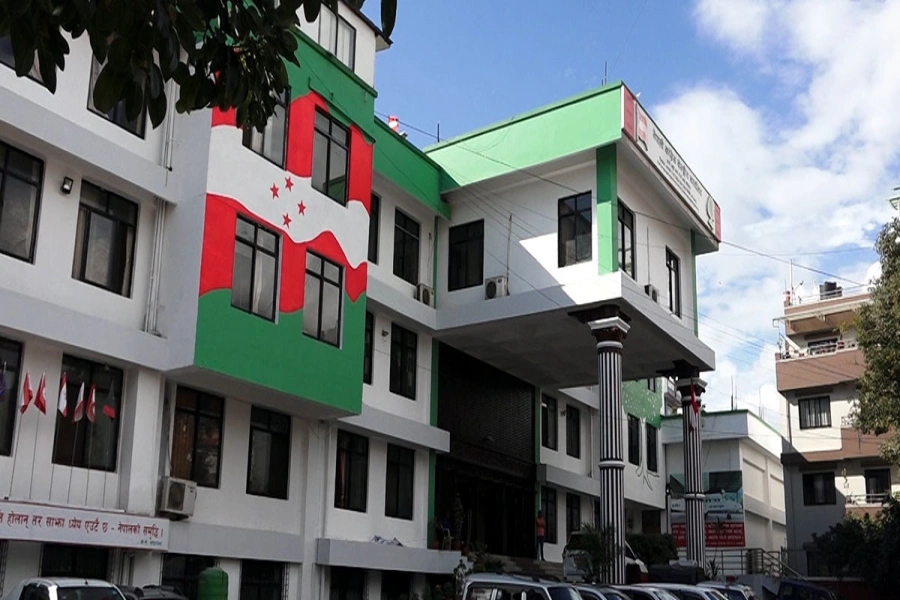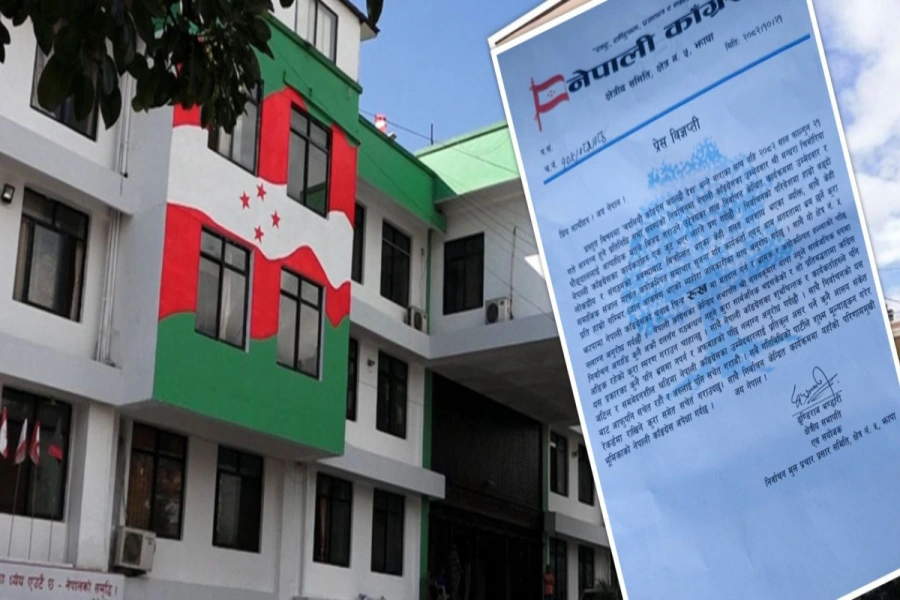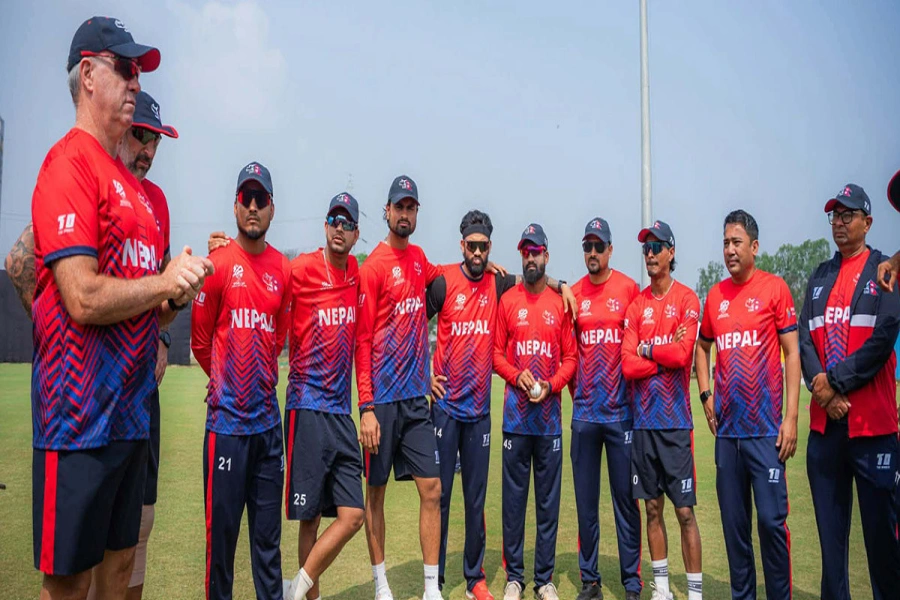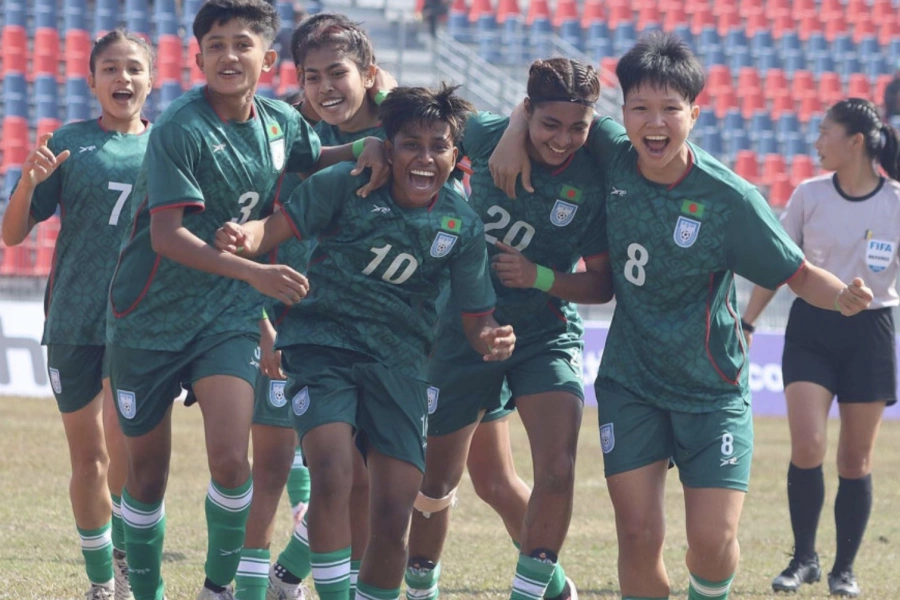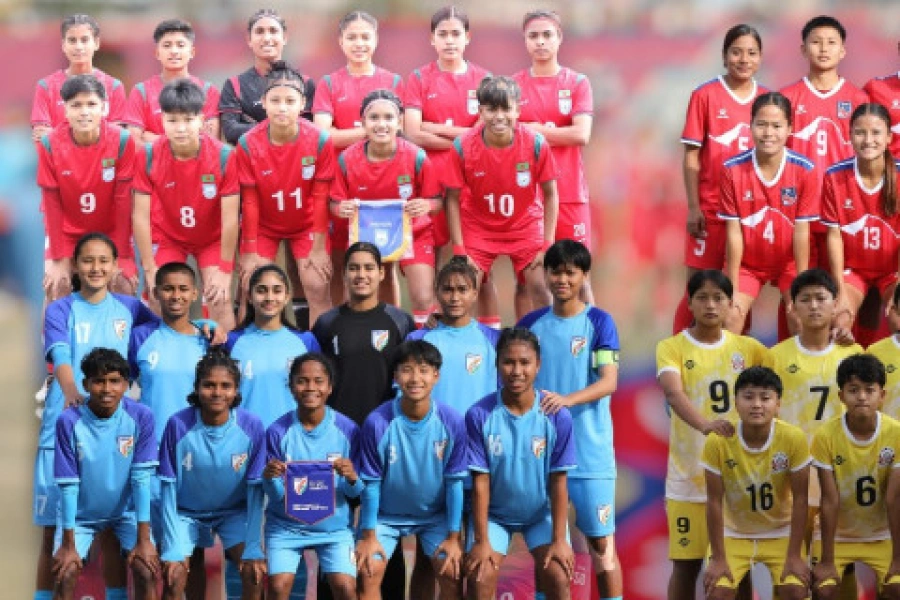KOHALPUR, July 29: Paddy saplings are drying up in seedbed as drought hits farms in Banke district.
Farmers have not been able to transplant paddy as the district has not received sufficient rainfall. Most of the farmland in the district lack irrigation facility. Paddy transplanted by pumping water into the farm in the first week of July has also started withering.
Shanti B K of Hawaldarpur in Kohalpur-14 told Republica that the district has not received rainfall since mid-July. “Some farmers had transplanted paddy by pumping water into the farm. But the newly transplanted paddy is drying up due to lack of water,” added B K. “If we do not get rainfall within a week, paddy saplings will dry up in the seedbed.”
The whole of New South Wales is in drought. This is what it loo...

Usually plantation in Banke takes place between first and third week of July. But plantation is yet to be done in more than half of the farmland even in the last week of July. Farmers say that paddy transplanted after July will bear less fruit.
Suresh Yadav, a farmer of Janaki Rural Municipality, told Republica that he was yet to transplant paddy in two bigha of land. “I tried to pump water into my farm by using pump set. But I could not operate pump due to lower voltage,” he said, adding: “Saplings are starting to dry up in the seedbed. It seems that we will have to face huge loss this year.”
With the area already lacking irrigation systems, he said monsoon and electricity supply have betrayed farmers this year.
Nearly half of the farm land in Banke depends on rainfall for agriculture. Lack of adequate rainfall means, the chances of large swathes of farmland remaining fallow are high this year. Most of the paddy saplings in nearly 1,000 hectares of Sitapur, Ganapur, Manikpur, Sanshergunj, Bageshwari, Udharapur, Sonpur, Radhapur and Siagau planted till early July are drying up.
Local farmers say that they have been suffering from the government’s indifference since long. “The state has failed to manage seeds, chemical fertilizers, irrigation facility, electricity and diesel in time because of which are likely to face loss this year,” they added.
The shortage of diesel in the planting season affected the farmers’ plan of irrigating their farmland through deep boring and pump set. The government failed to provide urea fertilizers in time. Also, we couldn’t operate pump set due to lower voltage, farmers added.
Chief of District Agriculture Development Office (DAO), Banke, Krishna Bahadur Basnet said that farmers were facing big problem due to lack of rainfall. “Both transplanted paddy and saplings in seedbeds are withering,” he said. Commenting on lower voltage, Basnet said that the office had requested the Nepal Electricity Authority to remove old transformers and increase capacity of existing transformers. “Unfortunately, it couldn’t happen,” he added.
According to Banke DADO, plantation has been completed in only 20 percent of 57,282 hectare of paddy fields in the district. It is possible to irrigate only 36,500 hectare by canal and pump set. Remaining 21,700 hectare is dependent on rainfall.




